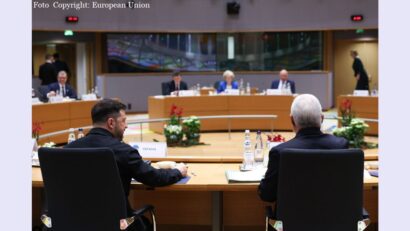Social Measures and New Precautionary Deal with IMF
Lower VAT for bread and higher excises on alcohol and certain luxury products are some of the measures the Government of Romania will apply starting on September 1st.
Valentin Țigău, 30.07.2013, 14:23
Aiming to reduce tax evasion and increase revenues to the state budget, the government headed by the Social Democrat Victor Ponta has announced a number of measures to be applied as of September 1st. The VAT on bread will be lowered from 24% to 9%. The Agriculture Minister Daniel Constantin has recently explained that the annual bread consumption in the EU is around 89 kilos per capita, whereas in Romania it stands at 23 kilos. However, according to market research conducted by Gallup, Romanians are traditionally heavy bread consumers and eat up to 101 kilos of bread per capita. The gap between the two figures is accounted for by tax evasion, says the Agriculture Minister. On Monday, PM Victor Ponta called on private businesses to prove that, with more companies paying lower taxes, revenues to the state budget may be increased.
Victor Ponta: “I am counting on a partnership between the government and producer associations. If we succeed and prove our thinking was right, if we reduce tax evasion, have better budget revenues and encourage the honest producers, then definitely the success of this project would help us extend a multiple-rate VAT regime to other categories of products.”
To ensure the success of the measure and reduce the negative impact on public budgets, the Government needs to operate a budget rectification and raise excises on certain products. The Transport Ministry and the Government Secretariat General will thus receive less money until the end of the year. As of September 1st, the Government will also introduce new excises on certain products, including automobiles of over 3,000 cubic cm, yachts, gold items and watches. The alcohol excises will also be raised from 750 to 1,000 euros per hectoliter. Some budget changes will benefit the Health Ministry.
The National Health Insurance Agency will receive an additional one billion lei for pharmaceuticals and medical service payments, while another 90 million lei will be channeled into maternity hospitals. IMF experts are skeptical that these measures will actually help reduce tax evasion, but they agreed to sign a new precautionary loan deal with Romania. And while the international economy remains rather fragile, this agreement may prove a stability anchor for Romania.






























